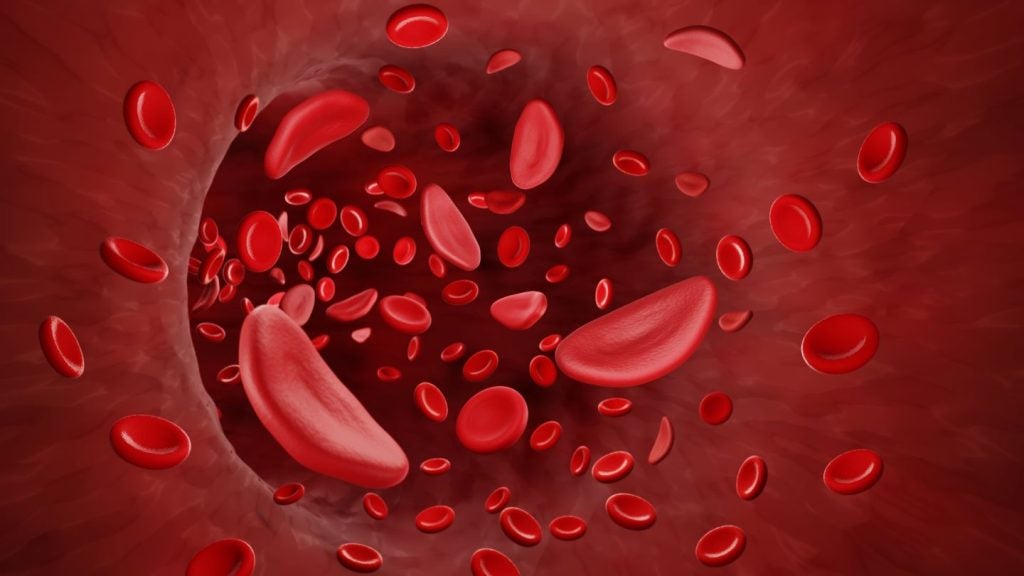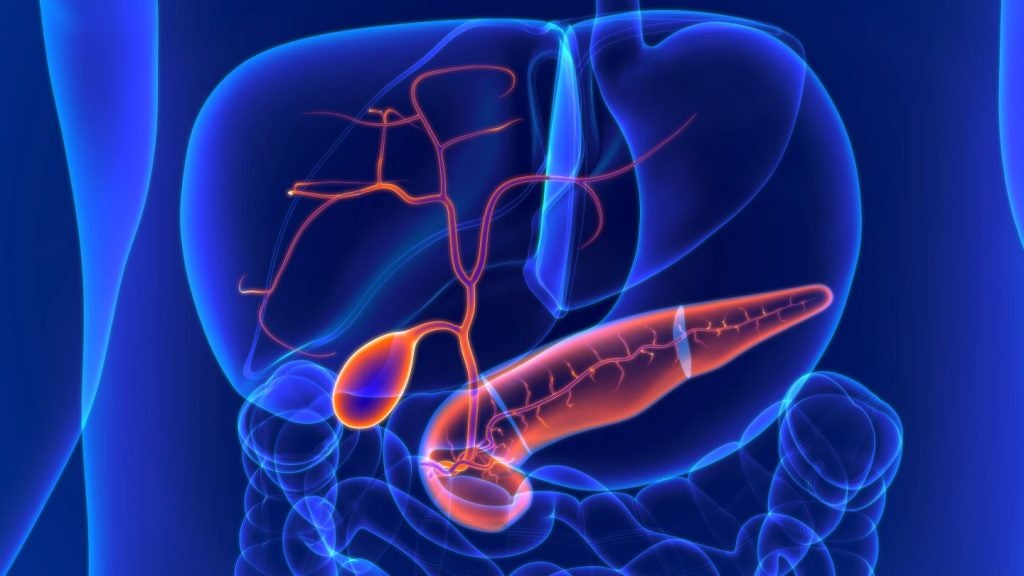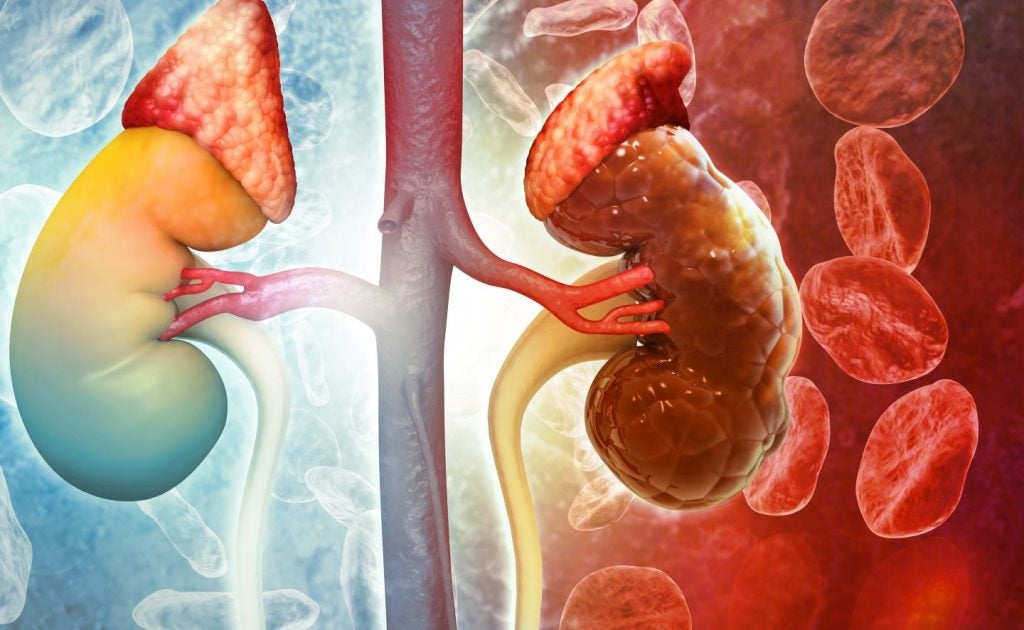BioLineRx has dosed the first subject in the Phase I clinical trial of its CXCR4 inhibitor, motixafortide, for CD34+ hematopoietic stem cell (HSC) mobilisation for gene therapies in sickle cell disease (SCD).
The trial will analyse motixafortide as a single agent and along with natalizumab as new regimens to aid in mobilising CD34+ hematopoietic stem cells.
It will enrol five adult SCD patients who are currently receiving automated red blood cell exchanges through apheresis.
Analysing the safety and tolerability of motixafortide monotherapy and along with natalizumab, defined by dose-limiting toxicities, will be the primary objective of the trial.
Detecting the number of CD34+ hematopoietic stem and progenitor cells (HSPCs) mobilised through leukapheresis as well as the kinetics of CD34+ HSPC mobilisation to peripheral blood following the treatment comprise the secondary objectives.
BioLineRx is carrying out the trial in partnership with Washington University School of Medicine in St Louis.
The company anticipates reporting the preliminary findings from the trial in the second half of next year.
BioLineRx chief development officer Ella Sorani said: “The recent FDA approvals of two gene therapies for sickle cell disease in the US is an exciting development for the sickle cell community, and we are eager to advance clinical research of motixafortide that may potentially lead to additional CD34+ hematopoietic stem cell mobilisation options in the future for patients with this condition.”
In September this year, motixafortide received US Food and Drug Administration approval for use along with filgrastim (G-CSF) for mobilising HSCs for collection and autologous transplantation in multiple myeloma patients.
It is indicated for usage under the brand name Aphexda.
In April this year, the company reported data from the Phase lll GENESIS trial of motixafortide plus G-CSF for mobilising HSCs to treat multiple myeloma patients before autologous stem cell transplantation.















